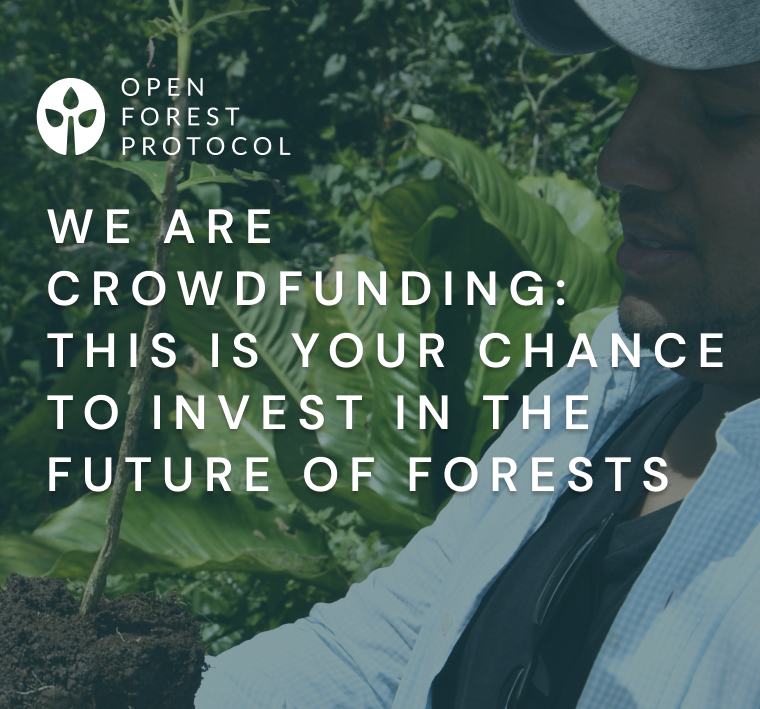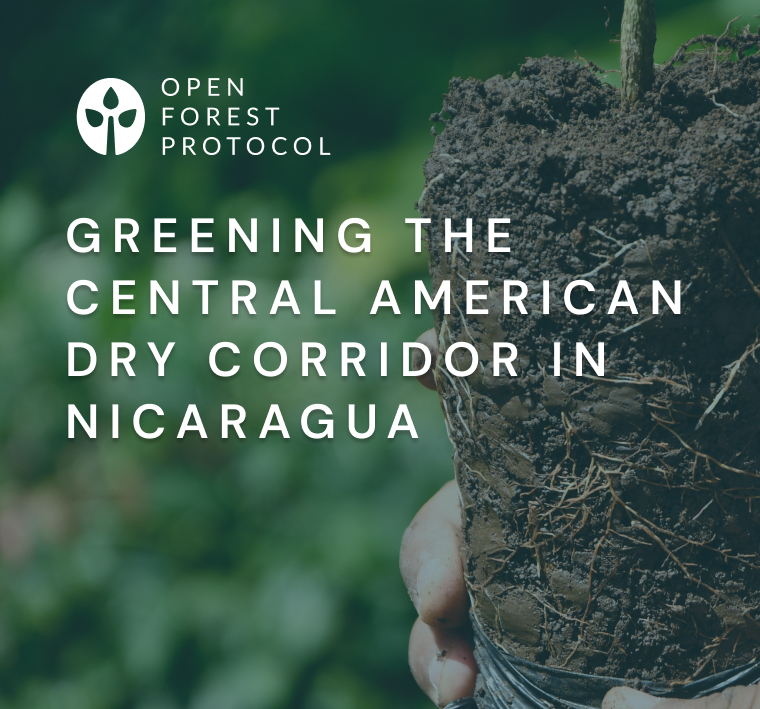If given the proper support and financing, an estimated 500 million smallholder farmers around the world who, if given proper support and financing, could reforest between 45–150 million hectares globally.
That is no small number, particularly considering that smallholder landowners often suffer the most when it comes to feeling the intense exacerbations of climate change. Thailand is a prime example: with over 7.7 million agricultural households, many of them are primarily smallholder farmers. It is also one of the countries most vulnerable to intense flooding caused by exacerbated climate change. The monthly rainfall in parts of Thailand during monsoon season is 40-50% higher than normal compared to the past few decades. For local communities, schools, and farmers, this is devastating for livelihoods.

In 2016, Ground2Gut by BTLLAgroforestry and FoodInnovate was initiated in response to the droughts, floods, and erratic climate patterns faced by Thai farmers. Located in the Chao Phraya River basin in central Thailand, the area was historically a wetland, as indicated by the name of the district, which means "Swamp of Sacred Lotus". However, with a history of monocrop rice cultivation with agrochemical use, the land historically suffered from soil and water degradation.
Ground2Gut is actively transitioning the area from monoculture rice farming to a diverse agroforestry system, incorporating various trees (fruit trees and woody trees), crops, and other plants. This will improve soil and water quality and promote biodiversity. Through the use of curated agroforestry practices, a new and resilient agricultural system will support the farmers that rely on the land.


"We are working at the field scale campaigning rural-urban co-development to improve local livelihoods using climate-adaptive agroforestry for floods and water-retention areas during annual floods."
Local farmers and community members are direct beneficiaries of the 8 hectare project, of which an initial 3.44 Ha pilot is registered on Open Forest Protocol. In order to accurately quantify Ground2Gut’s regenerative agri-food systems, OFP is one of the tools the community will utilize.

"Open Forest Protocol is playing a crucial role in the Ground2Gut project by enabling us to accurately measure our impact on carbon sequestration. This is essential for ensuring that our efforts to regenerate the food system are effective and sustainable."

With hopes to expand the area and use Open Forest Protocol as a tool to generate carbon credits for funding, Ground2Gut is working with the community in Lat Bua Luang District, Ayutthaya - 70 kilometers from Bangkok, to encourage an agriculture transformation. Restoring the ecosystem and improving the livelihoods of community members further creates a success case for policymakers, to encourage more direct funding of agroforestry practices.
Get the freshest news
Sign up with your email address to receive fresh news and updates.






.png)



